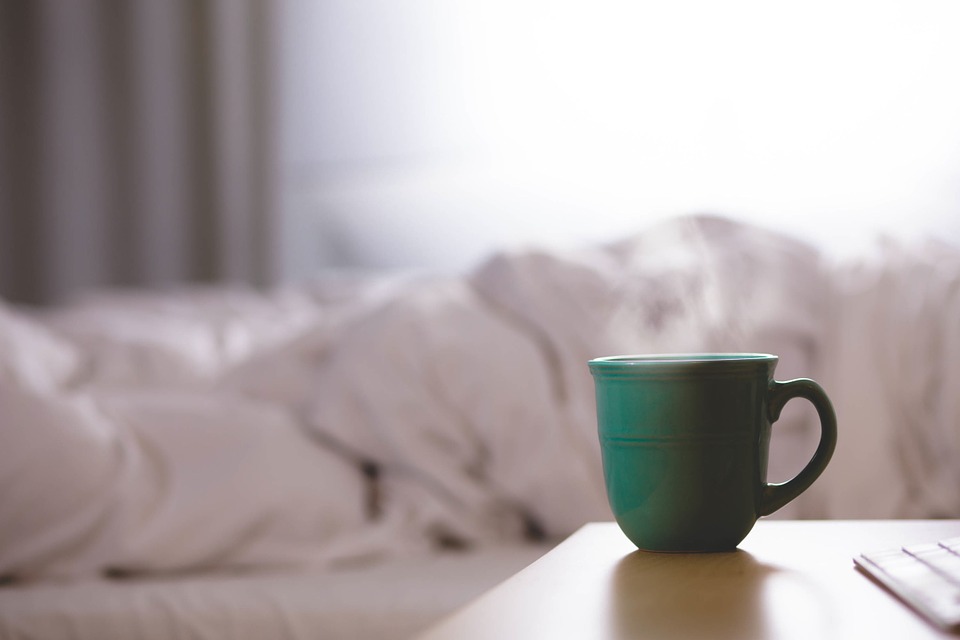December 2019

If you’re interested in more sleep facts, The National Sleep Foundation has a list of “25 Random Facts about Sleep” https://www.sleepfoundation.org/articles/25-random-facts-about-sleep. However, lets continue our journey on to getting a good night’s sleep.
As a society we are obsessed with sleep, to the degree that apps track our snoozing hours. Yet, for our obsession with getting a good night’s sleep we seem to be quite bad at actually doing it. According to the CDC’s National Center for Chronic Disease Prevention and Health Promotion 1 in 3 adults don’t get enough sleep. Are you getting enough sleep? If not, why?
There are many factors to discuss regarding sleep, such as how many hours we need. While interesting and important, that topic could certainly be another blog in itself. The short-hand answer is there’s not one. Unlike a “one size fits all” product, sleep is explicitly dependent on the individual. We can think of sleep as a window, some people may work best with six hours while at the other end of the spectrum others may need ten hours. The recommended range for adults is 7-9 hours, so your best estimate is to orient yourself around that length.
Recently, my mom sent me an infographic on sleep. It described ways to get a healthy sleep routine. This sparked my curiosity into inspecting my own sleep patterns. I would say that I usually to get enough sleep; however, my sleep routine could probably use some changes. There are nights where I find myself up later. In particular, I noticed it would usually be on the nights that I had classes the next morning. Subsequently, I would wake up tired and not feeling well rested. Whether from self-sabotage or unfortunate timing of my assignments, I took notice of this issue and decided to make a change.
Turn off electronics before bed. I understand how hard this is can be. In today’s technology driven world, our electronic devices sometimes seem like another limb. However, electronics can act as a zeitgeber, which is anything that can start your circadian rhythm. The blue light that electronic devices emit can signal our brain into changing its natural sleep pattern. Before you approach your bedtime, ease yourself off your smartphone or computer. For me this includes orienting my schedule so that as I near my bedtime, I no longer need to work on my computer. Instead I can either be reading or doing something that doesn’t require an electronic device.
Don’t hit snooze. If you are one of the few people who wake up and never snooze your alarm, well congratulations you can skip this section. However, if you find yourself hitting the snooze button one too many times, keep reading. In an ideal world, as soon as the first irritating ding of my alarm goes off, I am up and ready to go. But let’s be honest, I snooze my alarm at least two times. Usually I hit snooze because I want just a few more minutes of sleep. Are those extra minutes of sleep really changing the outlook of my day? Sleep experts would conclude that they don’t. Those additional minutes of sleep may feel nice, but they lack the desired quality of decent sleep. What’s the best thing to do? Start your day without hitting snooze!
Get a sleep routine. Hygiene is imperative especially when it comes to sleep and having an established routine is a major part of this. Why is a sleep routine even necessary? When you miss getting a good night’s sleep, the transaction between sleep and the sleeper are unique. Your debts can’t be repaid by obtaining “extra” sleep. Sleep is a hard creditor and owing debts are something that should be avoided at all costs.
For example: Last night I stayed up late working on a paper. To make up for that, I will get some extra sleep tonight.
Turns out, that is not true at all. You can’t make up for missed sleep, which only heightens the need for getting good sleep consistently each night. Your circadian rhythm keeps ticking away and it won’t accept a “make-up assignment” in sleep. So how do we get into the rhythm? Implementing a sleep routine can help. Some aspects of a sleep routine are:
1. Prepare yourself for sleep by winding down from activities. Reading and journaling are a few ways to do this.
2. Maintain the times you go to sleep and wake up. Consistency is key.
3. Make sure your environment is conducive to good sleep. Whether you need it to be quiet or prefer the lull of white noise, find what works best for you.
Balancing school, work, and life in general is hard to manage. Nonetheless we should never sacrifice our sleep for it. Go get your good night’s sleep!
---Kalifa Stringfield
Kalifa Stringfield is a Masters student in the Department of Biotechnology